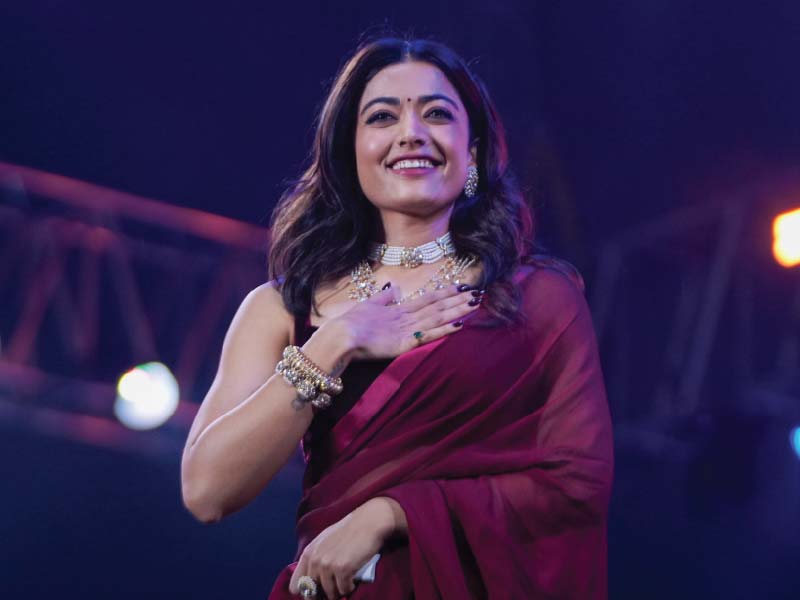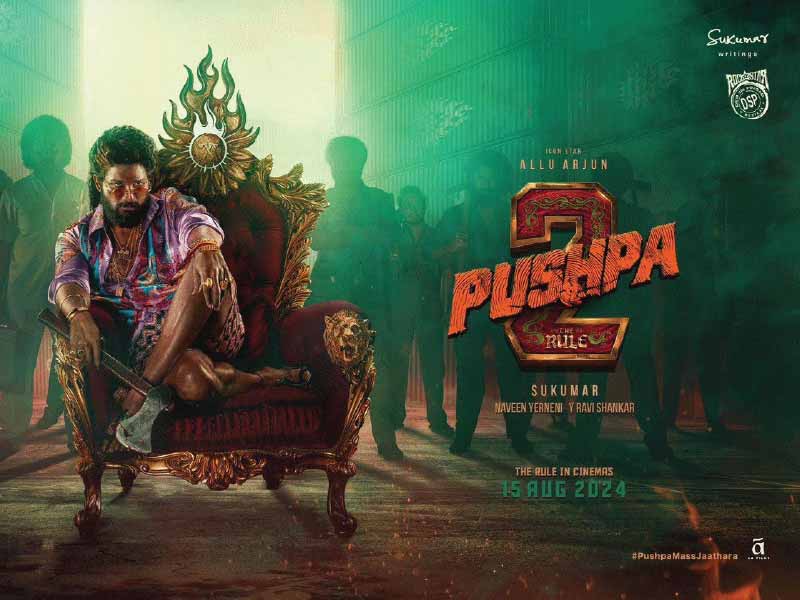Revamping And Re-baking An Argumentative Essay: How Malayalam Cinema Portrays Disability
Published On: 13 May 2019 | Mollywood | By: Gokul Jayan


Someone has written something very not-so-obvious. That write-up very much excavated something comprehensive. Right now, it's time for revamping those statements from a very different standpoint.
This article can be considered as a token for another article which questioned something very wonted yet intriguing. That write-up very much excavated something comprehensive. Right now, it's time for revamping those statements from a very different standpoint.
Malayalam cinemas, like every other tinsel industry, has seen quite a lot of genres that made tummy bubbles. Viewers vary, so do the plots. Recently, something very interesting popped up. - How Malayalam Cinema Portrays Disability. The article has numbered some very interesting arguments in the name of 'Unique Portrayal' in Cinemas.
They quote “World cinema I think had movies that sensitively portrayed disabled characters. But Malayalam filmmakers give the impression of never doing their homework properly—neither the actor, the writer, nor the director."
This is not the end kiddos, they have given some backfiring examples to prove what they are saying. And here it goes.
Vasanthiyum Lakshmiyum Pinne Njanum (1999) has a blind hero (Kalabhavan Mani) who also has two deaf and mute sisters. Besides living in abject poverty, with the bedridden father (Bharath Gopy) constantly berating him for his blindness, he is also unaware of the fact that his sisters’ attempts to fund his eye operation are being exploited by the villains.
So, what's here?
Not only is it a depressing state of events, the actor who plays the part somehow adds to the misery by caricaturing the role with loud mannerisms, giving the impression that blindness is a disease that takes away all the joy out of one’s life.
Ok, Got it! So you're saying blind people should not act like blind and should try to cover-up their poverty and perennial condition to make that weird smile on the viewers. Got it! Positively!
What's next? (A humble request, Please don't bring up the 'same director' syndrome)
For some bizarre reason, our filmmakers have often used the outdated belief surrounding bad karma ending in disability in various films. The subtext being that either they are being punished for their sins or for those committed by the parents.
Ok, No karma thingy! Got it. But why?
“The best example I can think of is Mangalassery Neelakandan (Mohanlal) in Devasuram (1993), who gets beaten up by bad guys minutes after being cursed by Bhanumati (Revathy), resulting in him becoming a wheelchair user and getting the sympathy of the heroine. The way I’d like to see people with disabilities in films is just as casually as any other person and not to emotionally manipulate the viewer,” says Paresh Palicha, a film critic who has had cerebral palsy since birth.
Pretty touching huh? Ok. So, the whole celestial thing called Karma should be arrested and no writer should touch this topic unless he is well versed in Psychology. Is this what you're saying? But isn't this your personal argument that Karma is an outdated thing? If you guys don't believe in that, you don't have to. Let the writers do their plot.
Bring it on! Next.
Films which got it right!
Omg! Finally something palpable.
Su Sudhi Vathmeekam (2015), Beautiful (2011), Amar Akbar Anthony (2015), Bangalore Days (2014)...
Here we go again. Just to make this clear, what you guys are doing is comparing 90s with the 20s and 21st. Sneham (1998) with Beautiful and Bangalore Days? Come on!! Both narratives are entirely different. When T.A Rasak wrote that script, it got developed around a Valluvanadan" Scale. People will sure do such things because they are acting like humans. And Bharatan's Keli (1991)... what's that?
Bharathan’s Keli (1991) which has a hero with one leg, is let down by the same “pitying overtones” in the narrative. Poor, disabled, lone bread winner, low self-esteem. Though he gets the girl in the end, it’s a depressing picture that is painted before you.
Come on! So, the hero should not get the girl and the editor should have removed those "Pitying Overtones?" Hello!! The whole movie is about that 'Poor Character'. He is the linchpin of that narrative.
Understand, observe and perform?
Is this your advice to those reel makers?
Yeah! Absolutely. Got it. Affirmative.
(Good luck for you guys.)
Tags: Mollywood Critics Relativism
Free Movie Tickets Contest currently active on Moviekoop.
Hindi,Tamil | 17 January 2025
Tamil | January, 2025
Hindi | 31 January 2025
Telugu | 27 March 2025
Trending:

Pawan Kalyan's They Call Him OG Nears Release

Fashion:
Movie Reviews:
Identity Movie Review: A Gripping Thriller with Twists and Turns
UI Movie Review: A Bold, Flawed Experiment by Upendra

















